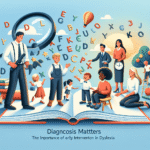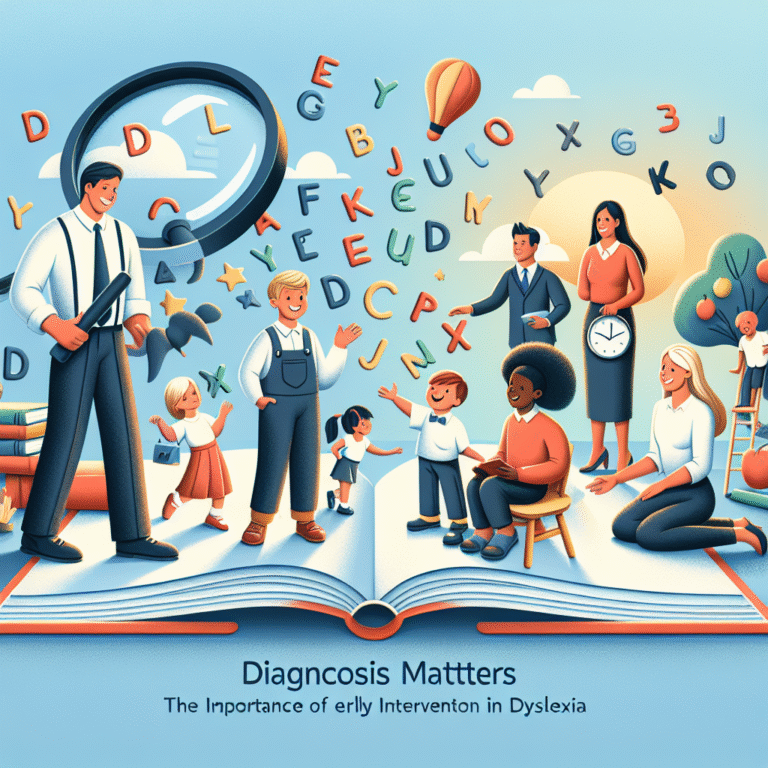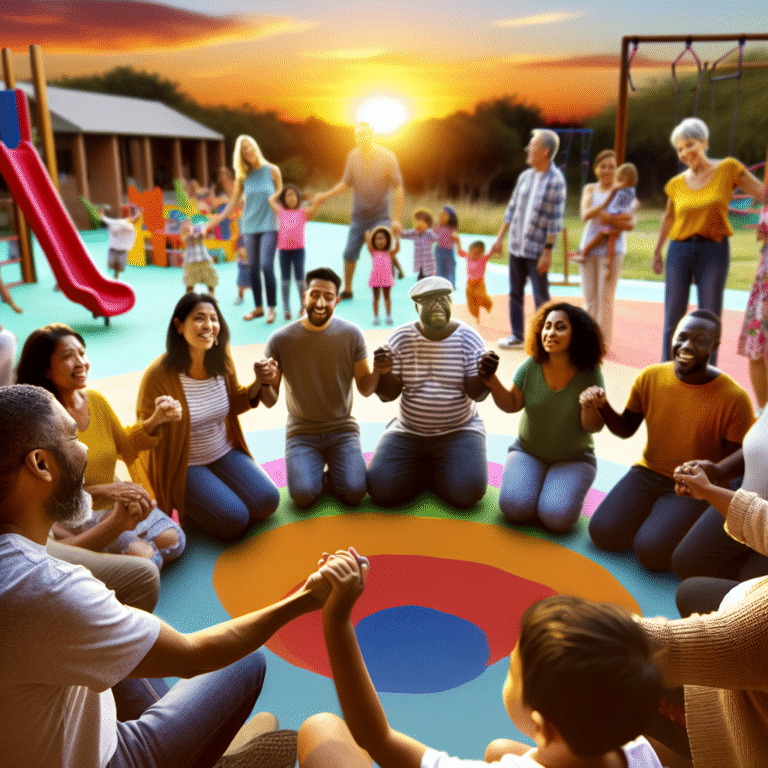
Introduction
In a world saturated with stories, many voices remain unheard—particularly those of victims of crime and trauma. As society grapples with issues of justice, rehabilitation, and support, understanding the nuanced journey of victims becomes not just significant, but essential. This article, "Voices Unheard: The Journey of Victims Through the Lens of Victimology," aims to shed light on the experiences of victims, explore their struggles, and advocate for their rights through the critical framework of victimology.
Victimology, the study of victims and their interactions with the criminal justice system, provides a rich backdrop against which we can assess both individual narratives and systemic responses. From emotional trauma to legal battles, the journey of victims is fraught with challenges yet resonates with resilience and hope. Join us as we dive into a comprehensive analysis of this journey, illustrating with compelling case studies and actionable insights that underline the importance of giving voice to the unheard.
Understanding Victimology
What is Victimology?
Victimology is a field of study that focuses on victims’ experiences and the broader societal implications of victimization. By examining the role of victims within the justice system, victimology reveals how these individuals are treated and how their experiences shape policies and practices. It also emphasizes the need to understand individuals in context—considering factors like culture, socioeconomic status, and psychology.
The Importance of Victimology
Victimology is crucial for several reasons:
- Advocacy for Victims: By amplifying victims’ voices, victimology advocates for their needs and rights within the justice system.
- Policy Reform: Insights from victimology can lead to crucial reforms in laws and policies, ensuring better protection and support for victims.
- Healing and Support: Understanding victims’ needs can help communities develop better support systems for healing.
The Journey of Victims: Phases and Challenges
The Initial Impact of Victimization
When a person becomes a victim of crime, they often face immediate physical and emotional consequences. The effects can range from physical injuries to deep psychological scars such as PTSD (Post-Traumatic Stress Disorder). Common responses include shock, denial, anger, and confusion.
Case Study: The Impact of a Violent Crime
Consider the case of Sarah, a young woman who was assaulted while walking home. In the aftermath, she experienced severe anxiety, troubling flashbacks, and feelings of isolation. Sarah’s story illustrates not only the immediate trauma victims face but also the longer-term psychological struggles they often endure.
Navigating the Legal System
The journey of victims often leads into the labyrinth of the criminal justice system, where they face further complexities. This experience can be daunting, as many victims feel re-victimized by legal processes.
Table 1: Common Challenges in the Legal System
| Challenge | Description |
|---|---|
| Lack of Support | Victims often feel unsupported during trials. |
| Confusion Over Legal Processes | Many don’t understand court procedures. |
| Emotional Toll | Testifying can trigger traumatic memories. |
| Delays in Justice | Lengthy legal proceedings can exacerbate trauma. |
Healing and Recovery
The road to recovery for victims involves more than just legal proceedings. Emotional and psychological healing necessitates empathy and support from family, friends, and professionals.
Case Study: Community Support Programs
In Detroit, a community initiative provides counseling and compensatory resources for victims of violent crime. This program illustrates the power of community in creating a safe space for healing and rehabilitation.
The Role of Support Networks
Support networks play a pivotal role in helping victims reclaim their narratives. Whether through therapy, support groups, or community programs, these networks can significantly aid recovery.
Case Study: Peer Support Programs
An initiative in Chicago has established peer support groups where victims share their experiences with others who have faced similar challenges. The power of shared narratives can foster resilience and amplify the voices of the unheard.
Intersectionality in Victimology
Understanding Diverse Experiences
Victimization does not affect everyone equally. Factors such as race, gender, socio-economic status, and disability can influence how individuals experience and cope with victimization.
Case Study: The Lens of Intersectionality
For instance, the experiences of a Black woman experiencing domestic violence might differ significantly from those of a white woman in the same situation, due to systemic inequalities and societal perceptions. Understanding these differences is essential for effective advocacy.
Voices Unheard: The Need for Systemic Change
Call to Action: Addressing Gaps in Victim Support
Despite advancements in victim advocacy, significant gaps remain. Focusing on policy changes and systemic reforms is critical to ensuring victims receive the support they deserve.
Strategies for Advocacy
- Legislation: Push for laws that prioritize victims’ rights.
- Education: Increase awareness and training for law enforcement and judicial professionals about victim experiences.
- Funding: Secure resources for community-based support services that address the needs of victims.
Conclusion
As we conclude this journey through the nuances of "Voices Unheard: The Journey of Victims Through the Lens of Victimology," it becomes evident that victims require systemic change, community support, and societal acknowledgment to heal and reclaim their lives. Empowering these voices not only fosters healing but also drives essential policy changes.
We must stand together to advocate for victims, ensuring their stories are heard and their experiences lead to lasting improvements in the justice system. Let’s commit to doing better—for the voices that still remain unheard.
FAQs Section
1. What is victimology, and why is it important?
Victimology is the study of victims’ experiences and their interactions with the justice system. It is important because it helps advocate for victims’ rights, informs policy reform, and promotes recovery.
2. How can communities support victims?
Communities can support victims through peer support groups, counseling services, and legal advocacy programs that provide resources and a safe environment for healing.
3. What challenges do victims face in the legal process?
Victims often encounter a lack of support, confusion over legal procedures, the emotional toll of testifying, and prolonged delays in justice.
4. How does intersectionality affect victim experiences?
Intersectionality considers how various social factors—like race, gender, and socioeconomic status—shape individual experiences and challenges. Understanding this can lead to better advocacy and support tailored to diverse needs.
5. What are actionable steps for advocating for victim rights?
Advocacy can involve pushing for supportive legislation, raising awareness through education campaigns, and securing funding for community services that assist victims.
By providing a multifaceted discussion on "Voices Unheard: The Journey of Victims Through the Lens of Victimology," it is hoped that readers will leave with greater awareness and a commitment to advocating for those who are often silenced. Together, we can transform the narrative surrounding victimization and pave the way for healing.














